We’ve received a few questions about supplements, and how we approach them while trying to maintain a Paleolithic approach to eating. A good and tough question to answer! Let’s start at the beginning. In a perfect world, Neil and I would love to get all of our nutrients from the foods we eat. In the Paleo community, this is by far the message you’ll likely hear most. A diet of vegetables, fruit, nuts, seeds and oils and animals that graze unabated by chemicals or grain. Do it well, and you shouldn’t need supplements.
Realistically though, despite the best of intentions, there are inevitable deficiencies in any diet due to modern agricultural practices, food quality, seasonal variety and cooking methods, as well as not following a clean diet 100% of the time or living a very active lifestyle. For our part, Neil and I typically achieve an 80/20 balance with our own diet. While 80% is strictly Paleo, the other 20% covers our cheat day meals and supplements.
While it was our hope early on that we would get all the nutrients we needed from food, we quickly realized that although we eat really well, we simply can’t eat enough of everything we need when its optimal to keep in step with our workouts. Knowing what to supplement (at least for us) has definitely been an evolving process of exploration and trial. While we’ve done a lot of our own research, guidance and helpful direction from our trainers and health professionals in the community has been invaluable. While we realize there is no ‘perfect’ solution, we strive for what’s best to improve health and muscle recovery and avoid injury and illness wherever possible.
With that said, our current regimen includes:
1. B Complex vitamins are a family of water-soluble vitamins that includes vitamins B-1, B-2, B-3, B-5, B-6, B-12 and folic acid. They help convert protein and carbohydrates to usable energy, which makes them great for athletes. For my own part, I’ve found that their inclusion helps with low energy levels and fatigue I sometimes suffer from with endometriosis.
2. Magnesium is a mineral that is critical to optimal health in wellness. It is often missing in a diet that contains excess amounts of processed food. Eating a diet with plenty of dark, leafy greens, seeds and nuts definitely helps, but we find benefit from a daily magnesium supplement (300-600 mg). We take it each evening (with a small glass of almond/coconut milk) before bed. Timing is important because it can also act as a sleep aid and will leave you feeling very sluggish 45 minutes to an hour after taking it.
3. Zinc is critical for good immune health. Although it is found naturally in meats, such as beef, game, and poultry, with increased activity and almost constant active recovery, we found it necessary to give our immune systems a extra boost.
4. Protein Powder: There is no shortage of protein powder on the market today, but we’ve found that not all are created equal. When we realized we might need to supplement additional protein into our diet, we did some research, looking at both sides of the argument. Robb Wolf published an article that explores protein powders as it pertains the Paleo diet and lifestyle that cover both sides of the argument. Again, in a perfect world, best intentions would prevail and we could get all of our protein from our food, but when you are as active as we are, the amount of protein necessary is fairly large, around 1g of protein per desired body-weight. For Neil that would be 170-175g per day! Mark’s Daily Apple also published an article on several types of protein powders and how they stack up.
Realizing that protein powder was unavoidable for our goals and schedule, we found and love a protein powder by Stronger Faster Healthier that truly stands above the rest in quality. Their protein is derived from grass-fed, free-range, non hormone/antibiotic treated cattle. It is also gluten-free, soy-free, and contains no added carbs. We definitely recommend it.
5. Omega 3 Oil is an essential part of our daily supplement routine because it contains two of the most critical fatty acids (EPA and DHA) necessary for muscle recovery, brain and nervous system function, better eyesight, and a host of other positives. After trials with a few brands we found a great liquid Omega 3 oil, also from Stronger Faster Healthier, that we like because it is a step above the rest in quality and freshness, leading to better absorption than other brands you might find in the grocery store.
In the end, your primary focus should be a diverse diet of meats, vegetables and good fats, which will give you a solid foundation of the necessary vitamins and nutrients you need. Supplements taken at dosages approved and overseen by health professionals can fill nutritional gaps, boost your immune system and supply your body with added timely nutrients, but should only be pursued on a need-only basis.
Thanks for the great question! We appreciate and love receiving your questions, keep sending them our way via our contact us form.
Note: The views expressed in this post are ours and are in no way a substitute for qualified medical expertise. We have not been compensated for our opinions or the products we’ve chosen to feature.
You may also like

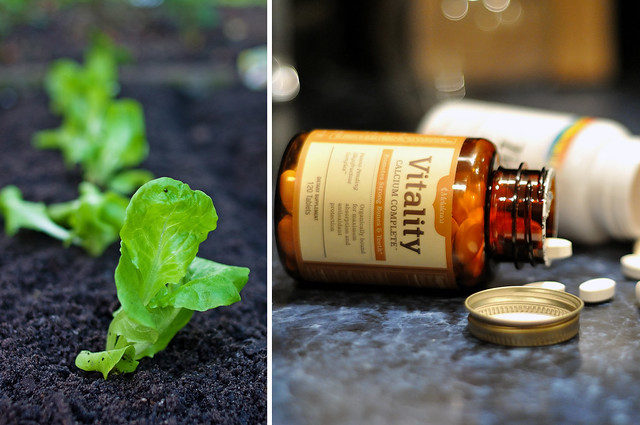
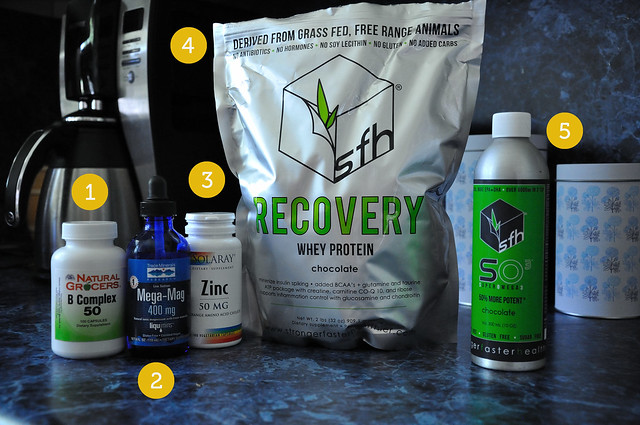
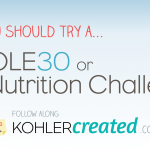
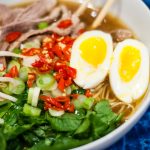
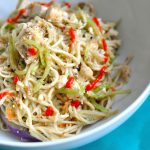
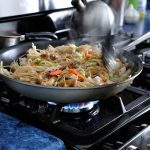
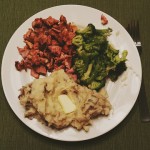

Great post! I’ve been thinking about adding some supplements to my routine, but haven’t had time to research. This is a great start!
Definitely worth it. I don’t feel as if they improve performance directly, but more indirectly through faster/efficient recovery.
This is so interesting! My swimming coach is also a crossfit instructor and follows the Paleo diet. I’m just like, no grains?! She says that she has TONS of energy. I know that I could definitely be getting more veggies and vitamins in my own diet.
I definitely have a lot more energy then I ever though I could have eating fewer grains. I’ve only recently added a few back as I prepare for my half marathon – mostly oats.